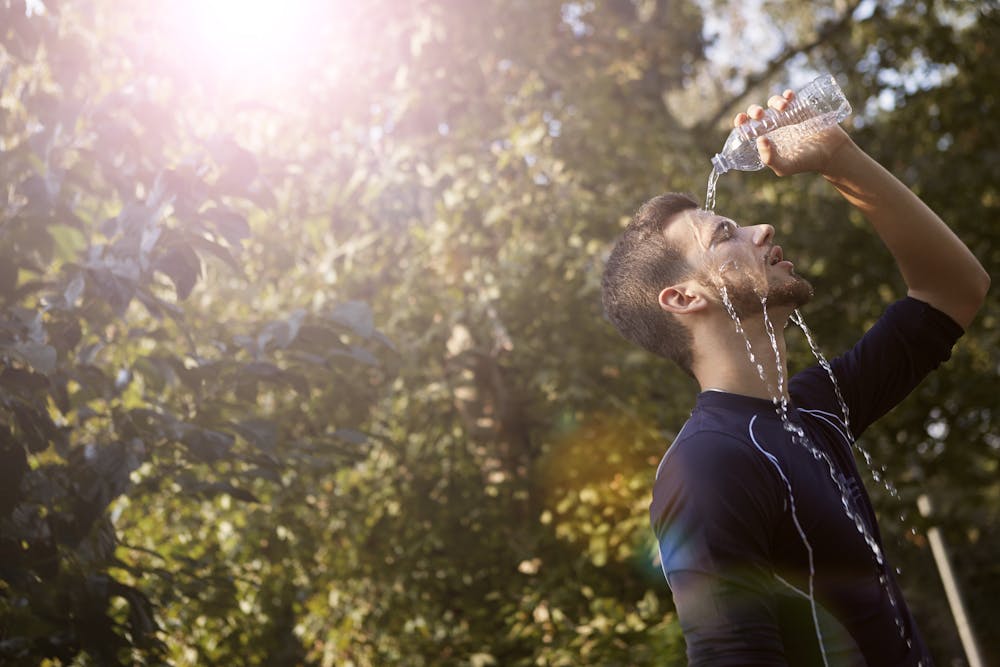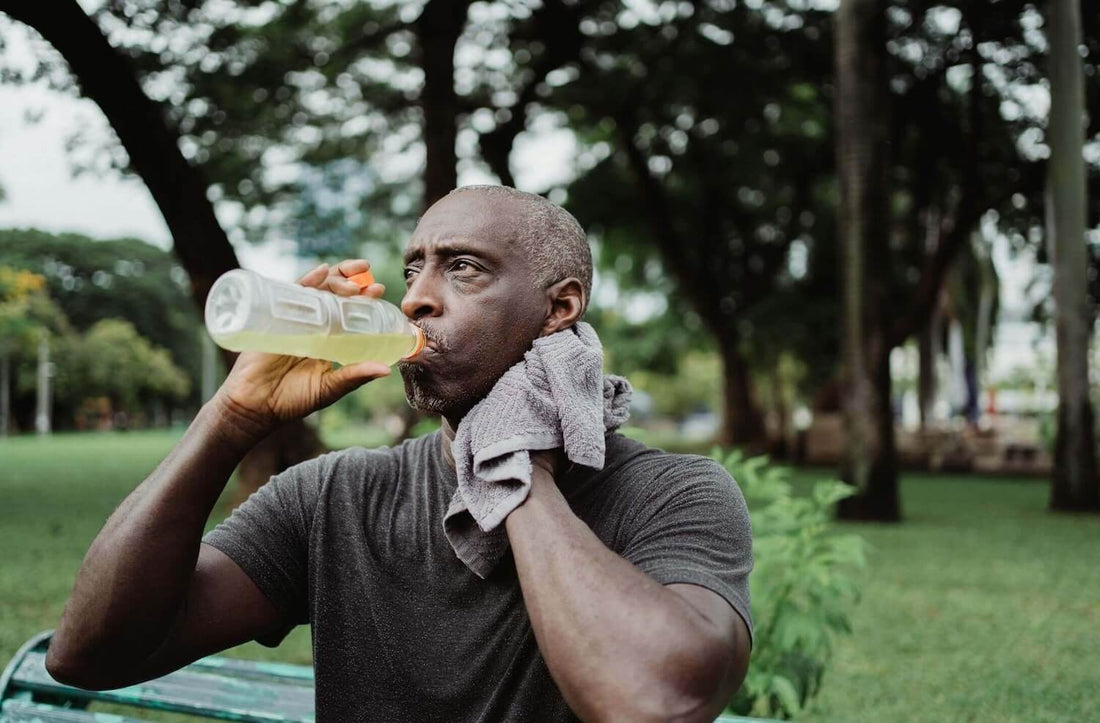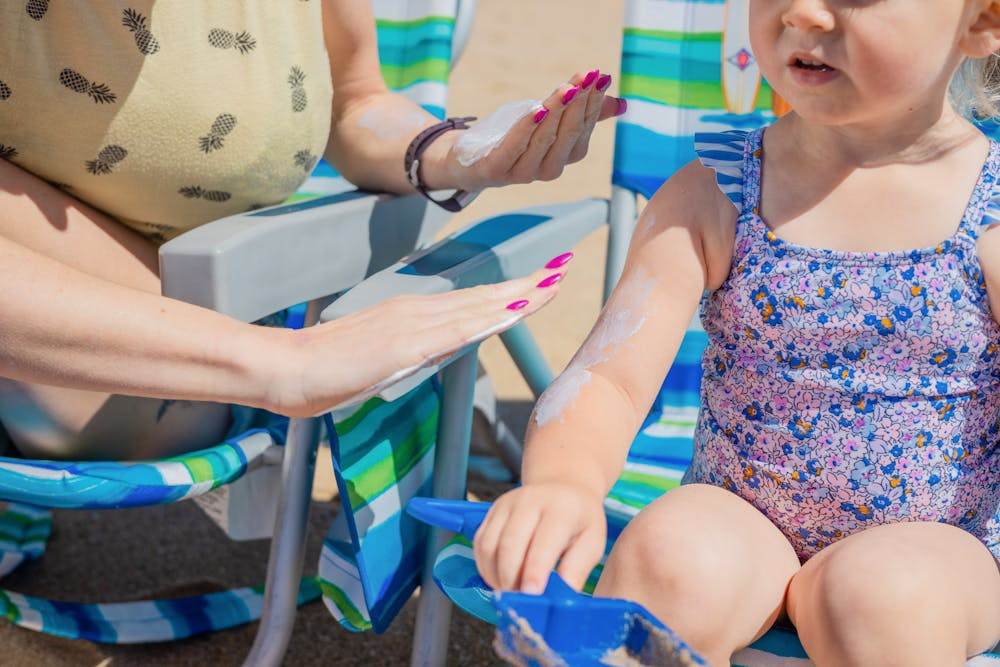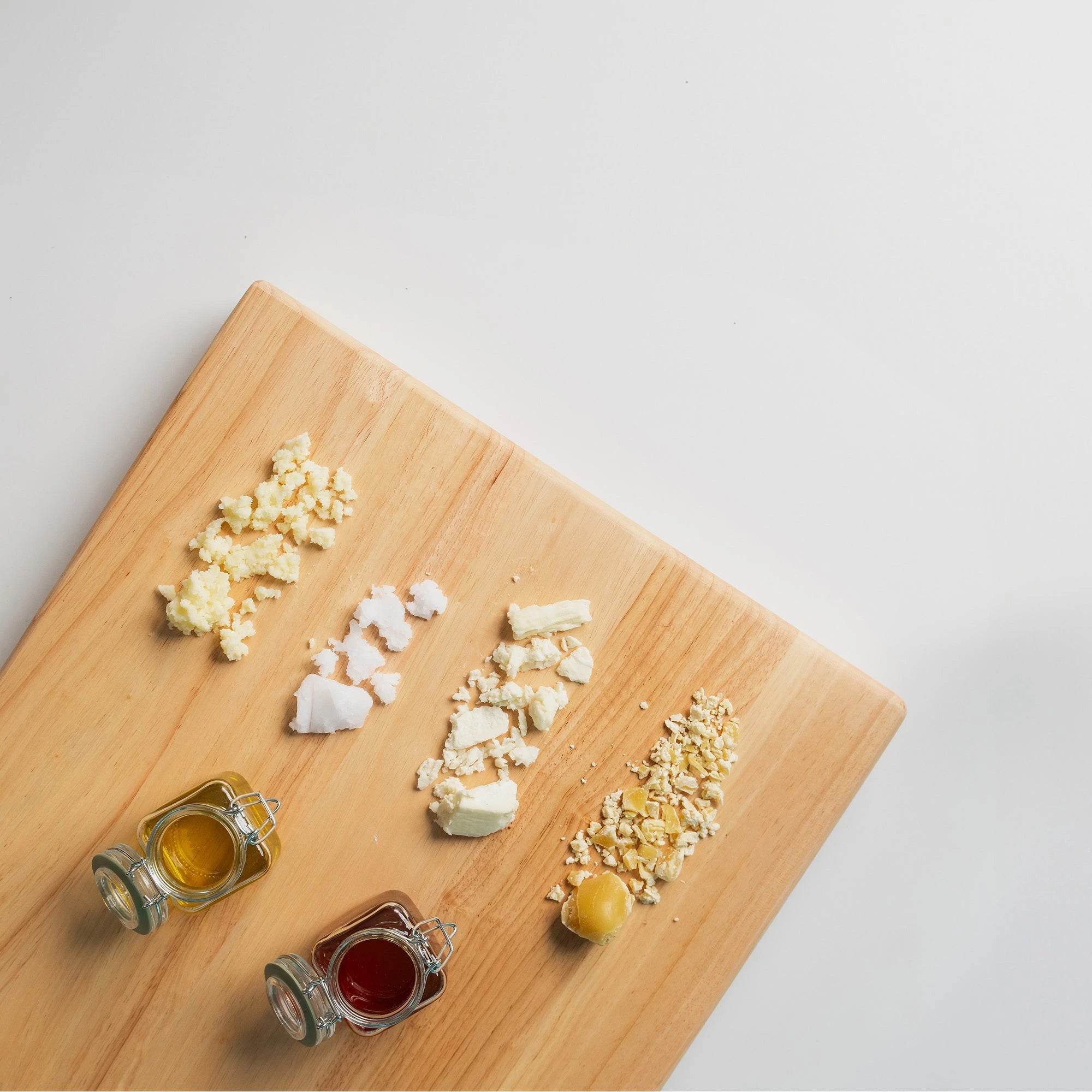You've been drinking water all day, hitting your eight glasses like a champ, but something still feels off. Your skin looks dull, you're tired, and that afternoon headache is becoming your unwelcome daily companion. Here's the thing that might surprise you: you could still be dehydrated.
The truth is, proper hydration isn't just about the quantity of water you're drinking – it's about how well your body is actually absorbing and using that water. Sometimes, you can be guzzling H2O all day long and still experience dehydration symptoms. Let's dive into the subtle signs your body might be sending you and why simply drinking more water isn't always the solution.
Your Skin Tells the Real Story
The pinch test isn't just something doctors do for dramatic effect. Gently pinch the skin on the back of your hand – if it doesn't bounce back quickly, you might be dealing with dehydration. But there are other skin clues that are easier to spot day-to-day.
When you're properly hydrated, your skin should have a natural glow and feel supple to the touch. Dehydrated skin often appears dull, feels tight, and may show more pronounced fine lines. You might notice that your usual skincare routine isn't giving you the same results, or that your makeup doesn't sit as smoothly as it normally does.
The Urine Color Chart Reality Check
This one's straightforward but incredibly telling. Your pee should be a pale yellow color – when it becomes darker than usual, it's often a sign of dehydration. Think lemonade versus apple juice. If you're seeing deeper yellow or amber tones consistently, your body is trying to conserve water.
But here's where it gets tricky: if you're taking certain vitamins or medications, your urine color might be affected. B vitamins, for instance, can turn your urine bright yellow even when you're well-hydrated. Pay attention to patterns over time rather than just one instance.
The Headache That Water Won't Fix
You reach for your water bottle every time you feel a headache coming on, but sometimes it just doesn't help. Dehydration headaches often come with other symptoms like nausea, dizziness, and muscle cramping. These aren't the same as tension headaches or migraines, though they can feel similar.
Dehydration headaches typically feel like a dull, throbbing pain that affects your entire head. They often worsen when you bend over, move quickly, or are in bright light. If you're experiencing frequent headaches despite drinking plenty of water, it might be time to look at the bigger hydration picture.
When Your Energy Crashes Despite Adequate Sleep
Fatigue is one of the earliest and most common signs of dehydration, but it's also one of the most overlooked. Dehydration can cause symptoms ranging from mild thirst and fatigue to severe complications like confusion and multiple organ dysfunction. When your body doesn't have enough fluid to function optimally, it has to work harder to perform basic tasks.
You might notice that you're hitting that afternoon slump harder than usual, or that you need more caffeine to feel alert. Sometimes this persistent tiredness happens even when you're getting enough sleep and eating well. Your body is essentially running on empty, even if you think you're giving it plenty of water.
The Muscle Cramps That Seem Random
Those charley horses in your calves at night or the random muscle twitches during the day might not be as mysterious as you think. Electrolytes like potassium, sodium, magnesium and calcium help your body regulate fluids, and when there's an imbalance, you might experience muscle cramps, numbness or tingling.
Muscle cramps related to dehydration often happen during or after physical activity, but they can also occur during rest. You might notice them more frequently in hot weather or after you've been sweating more than usual. The key is that they seem to come out of nowhere and aren't related to overuse or injury.
Why Water Alone Isn't Always Enough
Here's where things get interesting. You can drink water all day, but if you're missing key electrolytes, your body might not be able to hold onto that hydration effectively. You should replace fluids with a drink that contains electrolytes if you experience significant sweating or fluid loss.
Think of electrolytes as the gatekeepers of hydration. Sodium, potassium, magnesium, and calcium don't just add flavor to your water – they help your cells actually absorb and use the water you're drinking. Without them, you might find yourself in a frustrating cycle of drinking water and still feeling dehydrated.
The Dry Mouth That Doesn't Go Away
Thirst is obvious, but persistent dry mouth is different. Dryness of the mouth, including the lips and tongue, can be a sign of dehydration. You might notice that your mouth feels sticky or that you need to drink water constantly just to feel comfortable.
This isn't the same as the temporary dry mouth you get from breathing through your mouth at night or from certain medications. Dehydration-related dry mouth tends to persist throughout the day and doesn't seem to improve much even after drinking water.
The Confusion and Brain Fog Connection
When dehydration becomes more serious, it can affect your cognitive function. You might find yourself feeling mentally foggy, having trouble concentrating, or even experiencing mild confusion. Severe cases may present with confusion, lethargy, or even coma, especially with hypernatremia.
This brain fog isn't the same as being tired or stressed. It's more like your thoughts are moving through molasses, and simple tasks feel more difficult than they should. If you're experiencing persistent cognitive issues alongside other dehydration symptoms, it's worth taking a closer look at your hydration strategy.
What Your Body Actually Needs
So what's the solution if water alone isn't cutting it? Instead of drinking large quantities of water all at once, you may want to sip on fluids throughout the day as it may be easier for your body to handle. Think sports drinks, tea or chicken broth.
The key is consistent, gradual hydration with the right balance of electrolytes. This doesn't mean you need to chug sports drinks all day, but it does mean being mindful of replacing what you lose through sweat, stress, and daily activities.
The Medication Factor
Sometimes, the issue isn't what you're drinking but what you're taking. Certain medications like diuretics, antacids, laxatives and blood pressure medications may be designed to flush water and electrolytes out of your body.
If you're taking any medications and experiencing persistent dehydration symptoms, it's worth discussing with your healthcare provider. They can help you understand if your medications are affecting your hydration levels and suggest strategies to manage this.
Listen to Your Body's Signals
Dehydration isn't always about dramatic symptoms like fainting or severe headaches. Often, it's the subtle, persistent signs that our bodies are trying to tell us something isn't quite right. Your skin, energy levels, muscle function, and even your mood can all provide clues about your hydration status.
The next time you're feeling off despite drinking plenty of water, take a moment to assess these other signs. Your body might be asking for more than just H2O – it might need the right balance of nutrients and electrolytes to help that water actually do its job.
Remember, true hydration is about nourishing your body from the inside out, supporting not just your immediate thirst but your overall health and vitality. When you start paying attention to these subtler signs, you'll be better equipped to give your body exactly what it needs to thrive.




